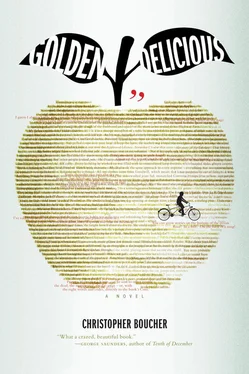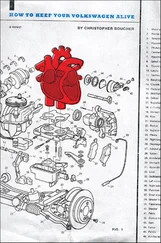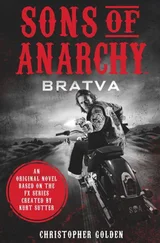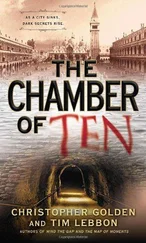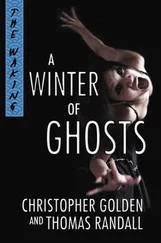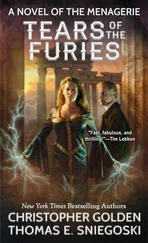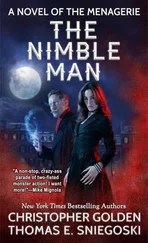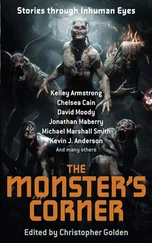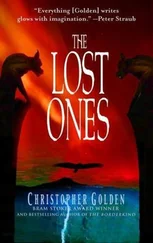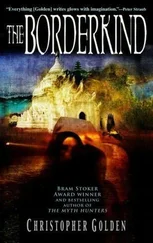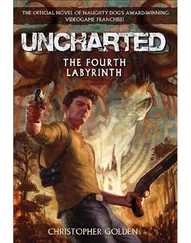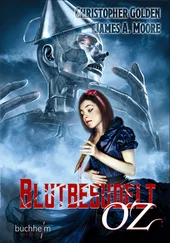She pointed to the sentence. “That still has meaning!”
I studied the words.
“You’re still saying something about today!” she shouted.
I looked at the eraser. He put his finger to his lips.
I didn’t say a word all the next day. When I walked out to the bike racks after school, I saw Large Odor unlocking his Haro. “Yo,” he said. “That Trombly is a bitch, isn’t she?”
I shrugged.
“You don’t think so?” said Odor.
I shrugged again. When my thoughts made words, I put the words in drawers in cabinets in my mind. When the cabinets were full, I emptied them out into mental plastic garbage bags. Soon my skull was full of garbage bags of words.
I don’t know if this is related, but it was shortly after that — shortly after I started holding my tongue, or “maturing,” as my Mom called it — that I began to lose my hair. It also might have been a long-term effect of the Vox, which was taken off the market in 1980 after it was found to cause numerous side effects (hair loss among them).
Anyway, that was the year — fifth grade — that I went bald. My hair came off in all one clump one day. I was riding my skateboard and my hair — whoosh! — just fell off my head. I hopped off the board, backtracked until I found the hair, and stuck it back on my head. It wouldn’t stay on my skull, though — it just fell right off again. I had to hold the hair in place as I skated home.
I tried everything I could to keep my hair: baseball hats, chin straps, glue. But it just wouldn’t stay. It had made up its mind to leave, and there wasn’t anything I could do to convince it otherwise.
There wasn’t any goodbye party for my hair — it didn’t want one. Two weeks after it fell off my skull, I put it on a small hairboat and pushed it off into the Connecticut River. My hair looked back, waved, and paddled away.
I missed it like crazy. I wrote my hair letters and prayed to it. “I know you’re busy,” I said in my prayer, “but please let me know how you’re doing when you can.”
“I’m good — great, actually,” my hair prayed back. “And you?”
“Just OK,” I said.
“It’s beautiful here,” my hair prayed. “I’m working at a radio station.”
“What radio station?”
My hair prayed the call letters but I didn’t recognize them. “I doubt you can get it where you are,” prayed the hair. “Anyway, I don’t make a lot of meaning, but I really like it. The people are so nice.”
“That sounds so awesome,” I prayed.
“And I’m renting a house near the beach.”
“Cool,” I prayed. “Maybe I could come visit.”
“Maybe sometime, sure,” said my hair.
I guess I always thought that my hair would come back to its life in Appleseed — that it and I would reunite at some point. But that was an invention on my part. One day I prayed to my hair and the hair didn’t answer. I tried praying again a week later and the prayer channel had been closed — my prayer went right to an operator. “I’m trying to reach my hair,” I prayed to the operator.
“That prayer channel has been shut down,” the operator said.
“Is there a forwarding channel?”
“I’m sorry, there isn’t,” prayed the operator.
So I stopped praying to my hair. When I got older, I understood. That hair had its own life to lead, a whole world to see, while I was stuck here in this tiny town, the sun laughing off my pate.
THE APPLESEED FLEA MARKET
How I miss those Sunday mornings in Appleseed, the applesun rising over Mount Epstein, my father and sister and I already out the door, in my father’s truck, on the hunt: on our way to an estate sale, a tag sale, or the Appleseed Flea Market. I’ve searched every corner of my mind for an unread page with a flea market on it, but with no luck: once a page is read, it can’t be unread; once the past has passed it’s gone. Still, I can go back in my mind to those quiet streets, the morning chatter of my thoughts, the cough of the dashboard and squeal of the struts as we roared down Highway Five.
My father’s truck wasn’t like other trucks — it was a strange metaphor of a vehicle, assembled from pieces and parts of other cars. It was asymmetrical, and it had a porch, a beak, and one eye. And it was controlled entirely by ropes. The steering panel reminded me of the wings of an old theater; it contained pulleys, and lever-locks, and complicated hemp ropes running in every direction. One rope was the go-rope; another rope was for turning. You pulled a rope over your head to beep the horn; the seat belt was a rope; the emergency brake was a rope attached to some sandbags stored above the back axle.
My father might have worked different jobs — insurance, real estate, solitudor — but at his applecore he was a collector. He loved finding old stranges, odd forgottens, hardly-brokens — uncovering life among the dead; going to great lengths to save something that someone else had dismissed; spotting meaning that other people looked past. He’d carry around a thrown-away clipboard with lists of items he was looking for: Doorknob for 2D , or, Spare casters? , or, BX cable . Every building he worked on was filled with re-remembered lamp fixtures, whitebearded sinks, ghosty carpets, finickal lightswitches that he’d found or traded with someone. My Dad took the same approach to every expense — everything was recontextualized, almost-but-not-quite broken, hanging on by a thread. All my clothes came from Goodwill, which meant that I was perpetually out of fashion: I wore bandannas when bicycling hats were in vogue; parachute pants during the stonewashed-jeans fad; unmatched Converse hi-tops (one yellow, one purple ) when my friends were wearing Eastman boat shoes with the laces tied in twisty-knots; jampants and concert T-shirts when everyone wore izods with the collars turned up. At least my Mom took us to the thrift stores, though. My Dad’s clothes? Were the memories of clothes. He wore shoes he’d found in a dumpster, glasses that had belonged to a cousin of his who’d died.
One of my Dad’s many talents, though, was networking. He knew all the wheeler-dealers in Appleseed — The Ear, Glen Ukulele, Don La Valley, Armin LaFlame, Murphy, Jack D’elnero — and he worked with all of them in one way or another. He always knew who to go to for help with a repair, to borrow a tool, to find a used strow or a deal on a belloy. He always talked about one day opening an antique store, a knickknack spot, a trading post. Then every day would be Sunday, he’d say. For all three of us, Sundays felt free.
My sister Briana inherited my Dad’s talents. As far back as I can remember, she was his assistant — my Dad always said she had a great eye for meaning. When she was ten, Briana’s favorite hobby was collecting and refinishing furniture. Then she switched to collecting raw materials — copper tubing and wire, scrap steel — which she’d trade at Appleseed Salvage. Later, she taught herself about electricity: she could repair a light fixture, wire up a three-way switch or a fuse box, fix a garage door opener or the ignition on a heater.
I wasn’t that smart — I just liked going along for the ride. Sundays were one of the only times of the week when I didn’t feel lonely, when I wasn’t consciously aware of how few friends —real friends, I mean — I had.
Reader: What about your Mom? Did she go with you?
Hardly ever, actually. She was either working an overnight at the hospital or at home, training in the gym she’d set up in the garage. She looked forward to Sundays, too, though, because she loved having the house to herself. Sometimes my Mom would joke that maybe she should live in another house, separate from our house, “where I can train in peace and quiet,” she snorted.
Читать дальше
